This post is a continuation of a previous post.
We often hear things like these:
The Earth is such a perfect place for us to live in. Do you know that if the Earth is 1 percent further from the Sun, or 1 percent closer to the Sun, then it would be too hot for human to live in? If the Sun is 1% hotter than it is, no human would have survived! Now, what is the probability of the Earth being located at such a perfect position? Isn't it amazing?
This universe is so fine-tuned to human beings. Do you know that if the gravitational constant was 1% different from its current value, the galaxy, the solar system and the Earth wouldn't have existed, and we wouldn't have been here? Also, the formula E=mc^2, if it isn't true, the Sun could never have produced enough power to support life!! Now, what's the probability of this universe having such a perfect condition?
Those paragraphs are usually followed by some arguments which state that since the "perfect" condition is so "perfect", and that since there must have been such an infinitesimal probability of having such perfect conditions, then it couldn't have existed by itself and hence this world must have been designed by a creator.
If you have read immature religious texts or gone to religious classes held by incompetent preachers, I am sure that you have come across the two ideas above. And building from the background I wrote in the last two parts, I would like to debunk those arguments for creators.
Before I begin, I would like to emphasize that this is not a post to disprove creator / God - nobody is able to do that, given the attributes associated with God such as omnipresence, omniscience, invisibility, being outside time-space continuum etc. On the other hand, by this post, I intend to maintain that the concept of probability is misused and doesn't help in establishing the existence of a creator God, and that evangelists should produce other arguments if they try to use logics to "prove God's existence".
As I establish in earlier posts, doing post-hoc analysis of things that have happened does not an argument make. If something has happened, then it has happened, and having a "supposed probability" which is infinitesimal doesn't mean that it could not have happened by natural means. For example, with a probability of 1 over 8.1 × 10^67, does it mean that the order of the cards must not have come about by itself, and I must have somehow doctored the orders of the card to get the pattern? No, of course, the pattern came entirely randomly through the shuffling.
At this point, some might argue, "But, hey, isn't it still such a coincidence for us to have such a perfect universe, with such perfect locations and all?"
That's a valid point; but they are missing a greater point. Say if we calculate the probability of the universe having this particular configuration, and arrived at an absurdly small number, say, 1 over 10^10000. Now, what does that probability mean?
Nothing much, actually.
That probability stands for "the probability of this Universe having a configuration such that it's good for the existence of
Homo sapiens, and billions of other species on the Earth, and that the Sun doesn't collapse with Earth randomly, and that the Moon doesn't suddenly split into two". That, is the "hey-it's-so-unlikely" probability.
But, remember the example of myself munching Smith Chip, writing a blog post on IBM laptop in Melbourne? If you do the calculation, you would have a "hey-it's-so-unlikely" probability too.
So, the problem behind the apparent paradox is, we are so used to the concept of "low probability = unlikely to / will not happen", to the extent that we trick ourselves in those examples which employ probability in the wrong context.
Suppose you are the boss of a "universe factory", where there are switches that control all the configurations and parameters of a new universe. Now, a cat comes along and turns all the knobs and switches randomly, and mess up your divine plan. Now, what's the chance that with the new universe with this set of configuration, the universe will be "good for the existence of a creature like
Homo sapiens, and billions of other species on the Earth, and that the Sun doesn't collapse with Earth randomly, and that the Moon doesn't suddenly split into two"?
That, is what 1 over 10^10000 really stands for. And it means nothing.
Another area where probability is often abused is in the validity of evolution. I shall ramble about it later.
[To be continued...]
[23 Aug 2008: Continued here]
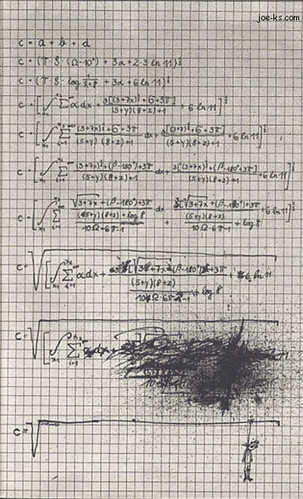







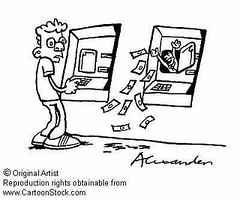

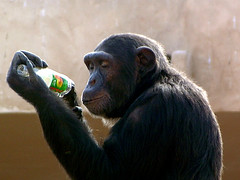


















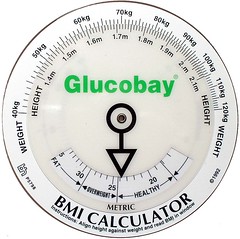
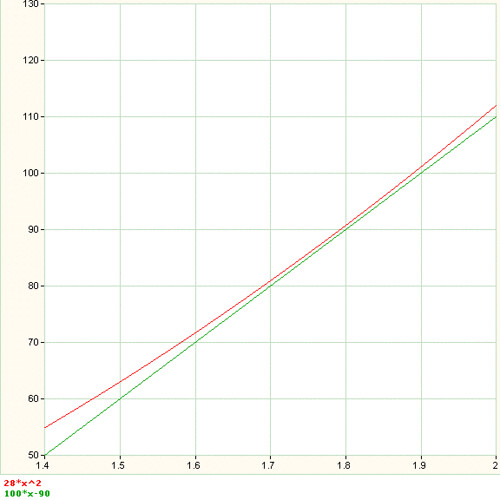
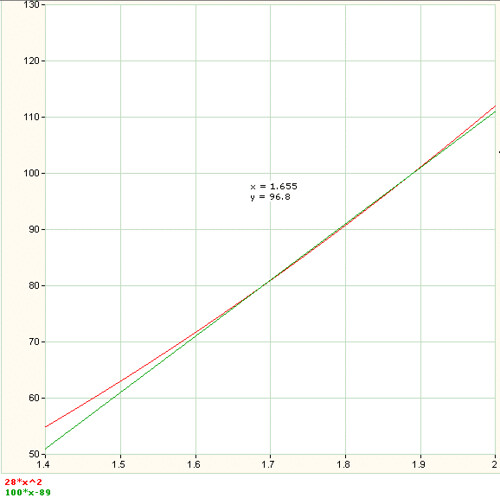








10 comments:
Post a Comment